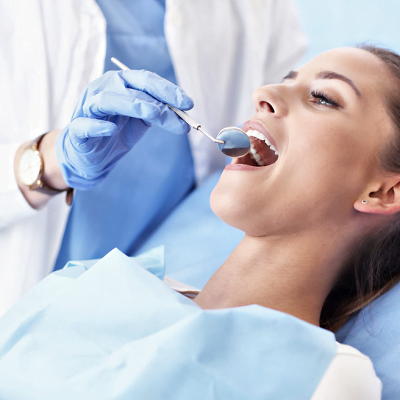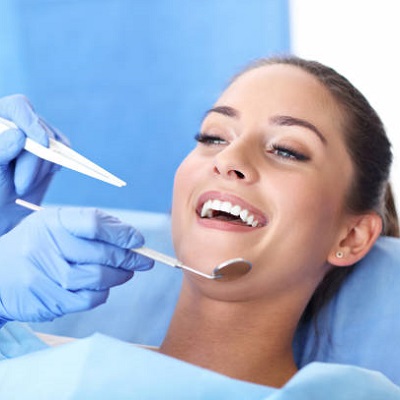
We all know that Root Canal Treatment in Islamabad is a procedure that is used to save your teeth from decay and infection. Many people do not like this procedure as it can be painful and unbearable. On the other hand, it is necessary to remove decayed bacteria from the teeth timely. To get relief even after a root canal procedure, you should know that antibiotics play a significant role, just like other treatments.
In this blog post, we will discuss the role of antibiotics in root canal treatment, how they are used, their types, etc. So, take a moment and read the following details!
Overview – Root Canal Treatment:
Do you know what root canal treatment is and how it can save your teeth function with antibiotics? Let’s discuss. It is a procedure to keep your teeth from extraction and pain. It is required when the pulp, or soft tissue inside the tooth, becomes inflamed or infected.
Deep decay, several dental treatments, or a chip or crack in the tooth can all contribute to its occurrence. The procedure is essential for cleansing, shaping, and stealing the pulp to prevent an infection from spreading.
The Role Of Antibiotics:
Generally, it cleans and shapes out the teeth; antibiotics are essential to protect them even after the procedure. Many bacteria and cavities are removed during the course, and antibiotics are necessary to manage any remaining bacteria, prevent reinfection, and ensure the process is successful overall.
How Antibiotics Work After Root Canal Procedure:
Antibiotics are designed for killing and eliminating the growth of bacteria and infection. It helps stop bacteria from spreading after the root canal procedure and ensures that everything is cleaned.
When you get the initial cleaning, the tooth is sealed to prevent bacteria from re-entering the canal. It provides an additional layer for protecting your teeth and reduces the chances of reinfection.
Furthermore, when a person gets this dental procedure, it is necessary to save the surrounding teeth. Antibiotics can be effective for managing and resolving such infections.
Types of Antibiotics Used in Root Canal Treatment:
These are applied directly to the infected tooth or root canal during the procedure. Common topical antibiotics include chlorhexidine or iodine solutions, which help disinfect the area.
These are taken orally and circulate throughout the body, reaching the infected site through the bloodstream. Amoxicillin and penicillin are antibiotics commonly prescribed for systemic use in dental infections.
These antibiotics are placed inside the cleaned and shaped root canal before it is sealed. They provide targeted treatment directly at the site of infection. Common intracanal antibiotics include tetracycline and metronidazole.
Challenges and Considerations in Antibiotic Use:
While antibiotics are instrumental in root canal treatment, their use is not without challenges and considerations:
- The overuse or misuse of antibiotics can lead to the development of antibiotic-resistant strains of bacteria. It emphasizes the importance of reasonable and responsible antibiotic prescription in dental practice. Dentists must consider the patient’s medical history, including any allergies or sensitivities to antibiotics when prescribing medications.
- The timing and duration of antibiotic administration are critical. Antibiotics are typically prescribed before or after the root canal procedure, and the course must be completed as directed to ensure efficacy.
- Antibiotics should be considered something other than a standalone solution. They work synergistically with the mechanical aspects of root canal treatment, and the procedure’s success depends on a comprehensive approach.
The Bottom Line!
Therefore, you must visit SKN Cosmetic Clinic in Islamabad for better and more effective dental treatment. The experts will recommend the use of antibiotics after the root canal procedure. Whether you take antibiotics for any purpose, they always help you remove bacteria and eliminate infection. Otherwise, it can lead to severe oral problems and be a big problem for you. So, feel free to visit our clinic for effective treatments and antibiotic recommendations.









